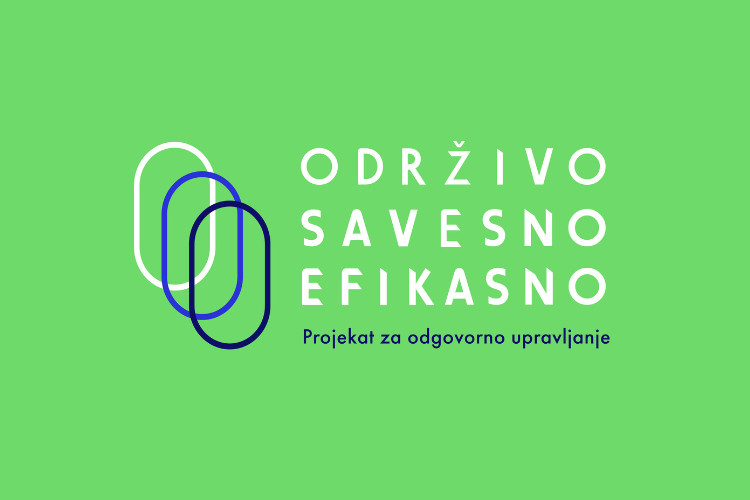Trust in the public procurement system is declining, citizens are increasingly interested in how public money is spent
Slightly less than two fifths of citizens are familiar with the public procurement system in Serbia, which is at the same level as in previous years, but compared to the previous wave of measurements, the number of those who express distrust in the fact that procurement is carried out in a fair and transparent manner has increased by almost 20%, while at the same time there is a growing interest in insight into the spending of public funds, according to a new NALED survey on the attitudes of citizens, bidders and contracting authorities for 2024/25.
According to research conducted by NALED for the purposes of the Project for Responsible Management with the support of the Swedish Government, trust in the system has slightly decreased among bidders and clients, but the majority still believe that procurement is carried out in accordance with the law.
- In the past four years, the surveyed bidders participated in 32 procedures on average, where some other criterion than the lowest price was used in seven. More and more participants support the use of quality as the main criterion in public procurement, and that share increased from 60% to 78%. The latest report of the Public Procurement Office confirms that there are changes in practice as well, given that the participation of procedures in which price was not the only criterion for awarding contracts doubled within a year - from 4.5% to close to 10%. This encourages us that the measures we have initiated are beginning to produce results and that we should continue on that path - says the director of the Department for Good Administration in NALED, Ana Ilić.
As of January 1 last year, two adopted recommendations of the Gray Book of NALED regarding the application of green and quality criteria for certain procurements came into force. Thus, in the procurement of architectural, engineering or consulting services, as well as in the case of translation or development of computer programs, the customer cannot determine the price as the only criterion for awarding the contract, and in the procurement of photocopier paper, computer and office equipment, air conditioners and cleaning agents, the use of ecological criteria is mandatory.
- With the support of the Swedish Government, we continue to advocate for a gradual increase in the number of items where the application of ecological criteria would be mandatory, because in this way we create an additional incentive for the economy to invest in the decarbonization of supply chains and strengthen the competitiveness of bidders, but also encourage competition in procurement itself. More than 40% of contracting parties point out the lack of offers as the biggest challenge in public procurement, which indicates the need for further strengthening of trust and ensuring fair conditions for all participants, as mistrust in the system is still present among bidders. This is why we advocate for the improvement of supervision over the implementation of procedures, because, as the European Commission warns in its latest report, existing weaknesses can lead to impunity for irregularities - Ilić concludes.
NALED's research also showed that almost all contracting authorities state that contracts in the previous four years were implemented within the agreed time frame, in accordance with the agreed price and satisfactory quality, and 77% of them believe that the findings of quality control should be publicly available for every bidder. A similar percentage supports the idea that the findings are used when awarding subsequent procurements.
As in the previous wave of research, the majority of citizens (83%) believe that corruption is present in public procurement. More than half of the bidders and slightly more than two fifths of the purchasers think the same. Infrastructure construction is recognized as the area where corruption is most widespread - this is the opinion of more than half of the citizens, a third of the contracting authorities have the same opinion, as well as a little more than a fifth of the bidders.
When it comes to the information they receive about public procurement, citizens have the most trust in non-governmental organizations (28%) and the media (26%), followed by ministries (24%), while only one in six citizens had trust in local governments and public enterprises.



